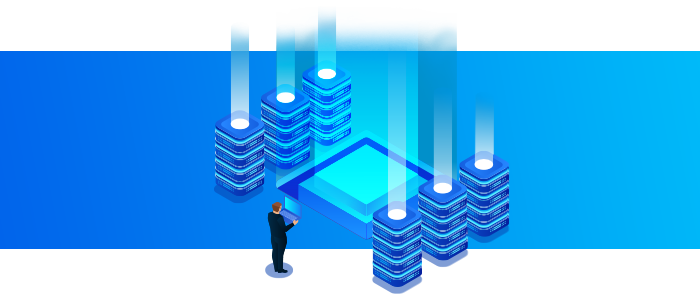How to Manage Cookies Safely and Protect Your Business from Data Risks
Cookies are a core part of the internet experience. They help websites remember users, save login sessions, and customize browsing. But without proper management, cookies can also expose your business to serious cybersecurity risks.
Here’s how to manage cookies safely and minimize the chances of cookie-related data threats while maintaining a secure online environment for your team and customers.
Avoid Third-Party Cookies
Third-party cookies are primarily used for advertising and user tracking across multiple websites. They aren’t necessary for functionality and pose significant privacy and data security risks. When presented with a cookie banner, check for third-party cookie disclosures and opt out whenever possible.
As a business, you should avoid allowing third-party cookies on your website altogether. They compromise trust and open the door to cookie security risks that are out of your control.
Only Browse Secure Websites
Always ensure the sites you and your staff visit use HTTPS and have a valid SSL certificate. This encryption helps protect sensitive data—including cookies—by scrambling it during transmission. Without SSL, cookies can be intercepted and used by hackers to gain unauthorized access to accounts.
Businesses must also ensure their own websites meet this basic security standard to avoid data leakage and protect customer privacy.
Use Anti-Malware Software and Apply Security Patches
Outdated systems and software are a top target for attackers. Install reputable anti-malware software and ensure all operating systems, browsers, and plugins are regularly updated. Timely patching helps mitigate vulnerabilities that could allow attackers to steal cookie data or hijack sessions.
Cybercrime methods evolve quickly, and a modern security setup is essential for staying ahead of threats.
Use a Password Manager Instead of Saving Logins in Cookies
One common reason users rely on cookies is to store login information. But this method isn’t secure. Instead, invest in a reliable password manager that stores credentials in an encrypted vault. This allows users to maintain strong, unique passwords without relying on browser cookies to remember them.
Train Your Employees on Cookie-Related Risks
Human error is often the weakest link in cybersecurity. Make sure your staff is trained to spot and avoid risks tied to cookie-based threats, such as:
- Phishing emails and suspicious links
- Fake or cloned websites that inject tracking cookies
- Using public Wi-Fi for work access
- Unverified software or app downloads
- Poor password hygiene and cookie misuse
Ongoing cybersecurity training is vital to empower your team to make informed choices about digital safety.
Create a Clear IT Policy
Document your company’s rules regarding safe internet use, cookie handling, software updates, remote access, and password management. A strong IT policy reduces risk by setting clear expectations for employee behavior, both in-office and remotely.
Let an MSP Manage It for You
Managing cookies, software, employee habits, and online threats can feel overwhelming. That’s where a Managed Service Provider (MSP) comes in. An MSP can help you eliminate cookie-related vulnerabilities and ensure your broader IT infrastructure is secure, compliant, and aligned with best practices.
Don’t let cookies become a backdoor to your data. With the right tools, policies, and partners in place, you can protect your business from growing digital threats.
Contact Tobin Solutions
Phone: (414) 443-9999
Email: info@tobinsolutions.com
Contact Page: https://tobinsolutions.com/contact-us/
© 2025 Tobin Solutions, Inc. All rights reserved.
